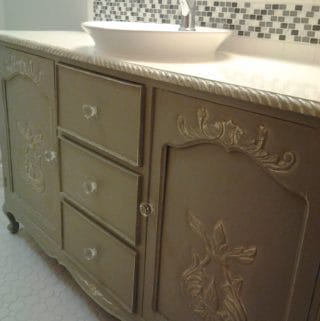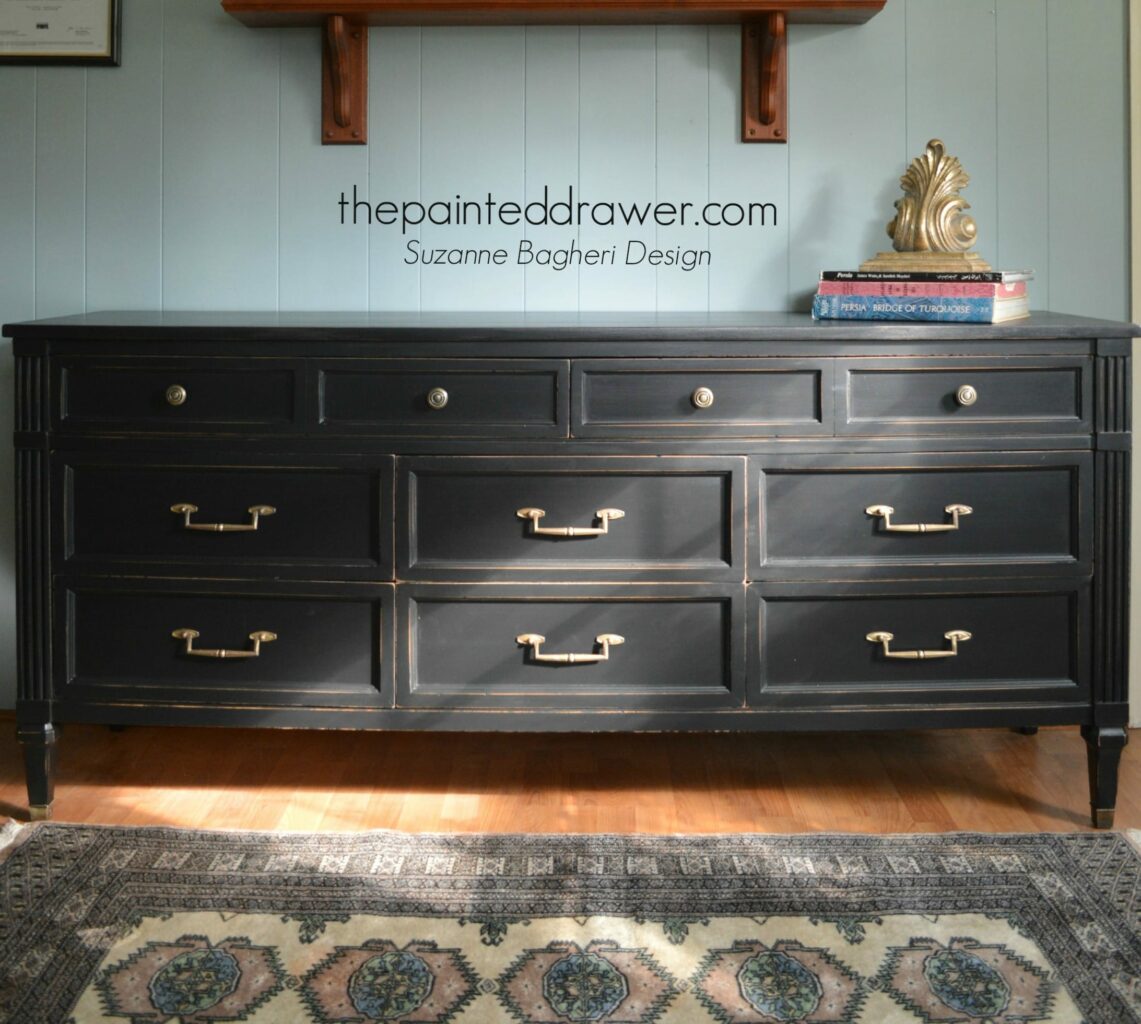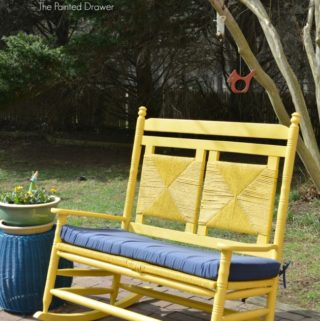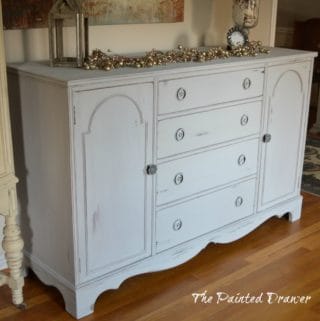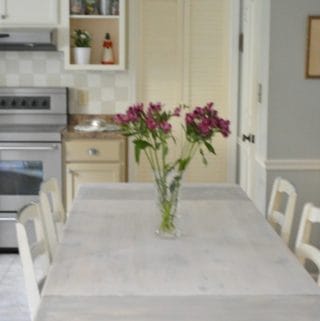Going Off-Grid Is Easier Than You Think!
Many people think that going off-grid means they will have to invest a lot of money and make drastic changes to their lifestyle. But, the reality is going off-grid is actually quite straightforward.
If you’re looking for ways to lead a more greener life and reduce your carbon footprint, you might be wondering how best to go about it. In this handy blog post, you will learn how you can go off-grid and be more eco-friendly without living too bohemian a lifestyle! Here’s what you need to know:
Getting clean water to your property
As you might expect, going off-grid means not having access to a piped high-pressure water supply. With that in mind, you’ll need to find a source of water in your local area.
If your home is right next to a river or stream, you can pump the water through a filtration system and into storage tanks in your home. Alternatively, you can dig down to the water table and pump out the groundwater, again filtering it first before storing it in tanks in your house.
When it comes to obtaining water for toilets, you can also use gray water or harvest rainwater into storage tanks.
Getting dirty water out of your home
Because you will be living off-grid, your home won’t be connected to the main sewer system. As a result, you need to work out what to do with wastewater (or “blackwater”) from your toilets. There are a few options available to you:
- Septic tank system. An underground tank where solids sink to the bottom of the tank, and liquids get treated in a secondary tank before getting released as filtered water into nearby groundwater via a drainage field;
- Sewage treatment plant system. In a nutshell, this is a micro-sized version of a municipal treatment plant. There are many variations of such systems available to homeowners, including ones that don’t require any electricity to operate;
- Cesspit. This is where all blackwater goes into a large holding tank and is then pumped out at regular intervals by a waste management company.
Electricity
These days, there are many ways to generate electricity for your home. It all depends on which system is right for you. Perhaps the most common method is to use solar energy. In such an example, you’d have solar panels on the roof of your home hooked up to a battery system that converts solar energy into usable electricity.
You could also opt for electricity generated by wind turbines if you’ve got enough land adjacent to your house. Plus, there’s also hydropower where you can create electricity from a dam installed on a nearby watercourse like a river.
As you might expect, it makes sense to consume as little electricity as possible to conserve the power that you generate. After all; you won’t have readily available access to electricity from the power grid. Here are some ways that you can cut down on your electricity usage:
- Use LED lighting throughout your home;
- Install energy-efficient appliances;
- Make extensive use of natural light during daylight hours;
- Use laptop computers instead of desktops;
- Watch television on flat-screen TVs instead of older CRT-style ones.
Gas
Going off-grid doesn’t mean you have to be without access to gas. In many rural areas, for example, LPG (Liquefied Petroleum Gas) gets used when there is no access to mains gas supplies. LPG gets stored in tanks, and you can choose to have several small exchangeable tanks when yours are empty.
Alternatively, your local LPG supplier can fit a large above-ground tank that has a permanent connection to your home. Advanced technology notifies the supplier when your supply of LPG is running low so they can automatically come out to you and top it up, ensuring you always have a supply of LPG.
Heating
Last, but not least, there is the subject of heating to think about when going off-grid. Again, you have several options when it comes to heating your home. If you use LPG at your house, you’ll be able to operate a gas boiler and use that to heat your home.
If you live in a woodland area, you may wish to use log burners to warm up different parts of your home. One final option is to have an oil furnace that heats your home. The option you need will depend on how “green” you wish to be and, to some extent, the location of your property.
Hopefully, this article has given you some food for thought and will help you prepare to go off-grid. Thanks for reading it today!
Please note that some of the links above and below are affiliate links, and at no additional cost to you. All opinions are my own.

